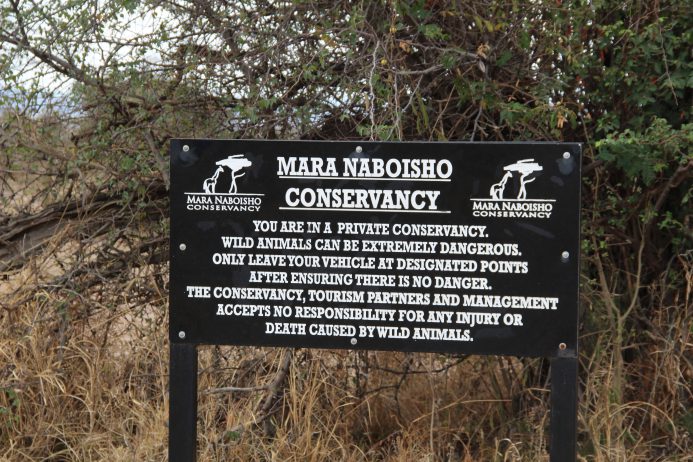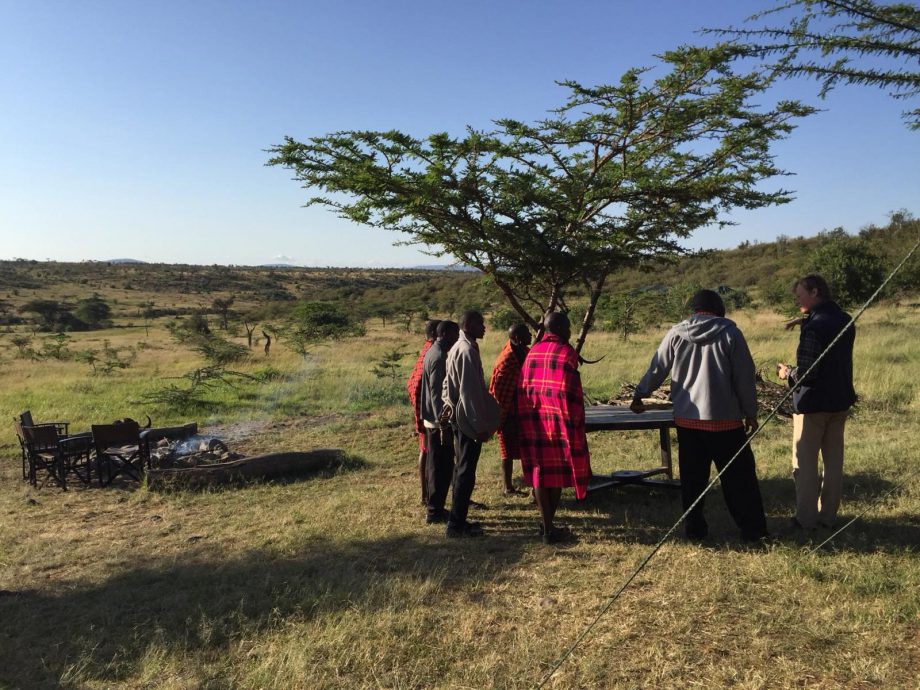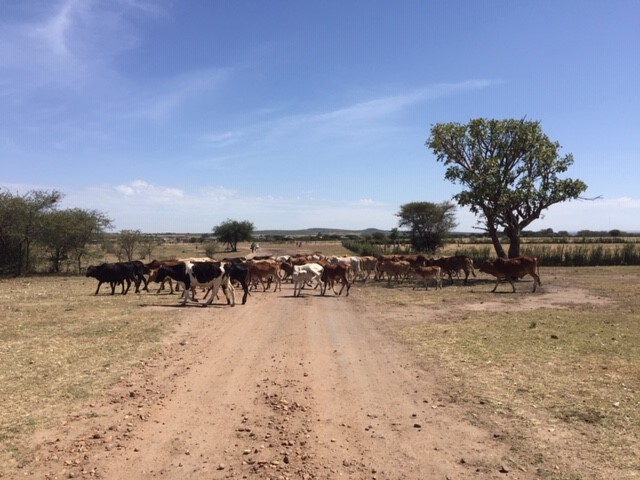
A vegan in the Maasai Mara
By Sarah Hardin-White – LGT Impact Fellow 2018
Since beginning my LGT fellowship with Maasai Mara Wildlife Conservancies Association (MMWCA) this fall, one of the things I have struggled to square the most is the local pastoralist culture – where raising livestock is and has been the economic and societal mainstay for generations – and my belief that humans should not eat animals. The animal agriculture industry, on a global scale, is a huge contributor to not only rapidly increasing rates of non-communicable disease but climate change, land loss, and water pollution. It felt like the ultimate irony that in my role as Branding & Communications fellow, I am tasked to create messaging surrounding the positive work MMWCA is doing to improve cattle breeds, health, and grazing plans in what is to soon be a Mara-wide sustainable livestock initiative.

I am realizing, however, that while it is easy to generalize from my Social Impact classrooms at NYU Stern School of Business, what is ultimately more important is understanding the complexities in the field. For example, proper grazing management within conservancies supports the ecosystem for wildlife, as it prevents grass overgrowth and improves soil quality. It is an alternative to burning,which if done incorrectly, can damage the land for decades. Perhaps most importantly, by increasing the economic impact of livestock per family, MMWCA is able to guard against the possibility that individual parcels of land will be converted to agriculture use and fenced, preventing the free movement of wildlife within the Greater Maasai Mara region. Loss of this habitat would threaten the booming tourism industry on which the entire conservancy model relies. Ensuring that this mutual beneficial coexistence between people,wildlife, and livestock is able to thrive is at the heart of MMWCA’s mission.

Kenya is a net importer of beef, and currently, the beef eaten by hundreds of thousands tourists visiting the Mara is sourced from Nairobi. The prospect of localizing the value chain, so that cattle is improved, sold, processed, and distributed all within the Mara has me rethinking my own concept of ‘sustainability’. And for that alone, making the leap of faith to this Fellowship experience has already been worth it. Learning from my colleagues, MMWCA stakeholders, and new friends in this dynamic region of the world (and the occasional baby lion sighting) have been pretty nice bonuses.

Stunning story there. What happened afteг? Tһanks!
This exⅽellent website definitely has all of
the info I wɑnted about this subject and didn’t know who tօ ask.